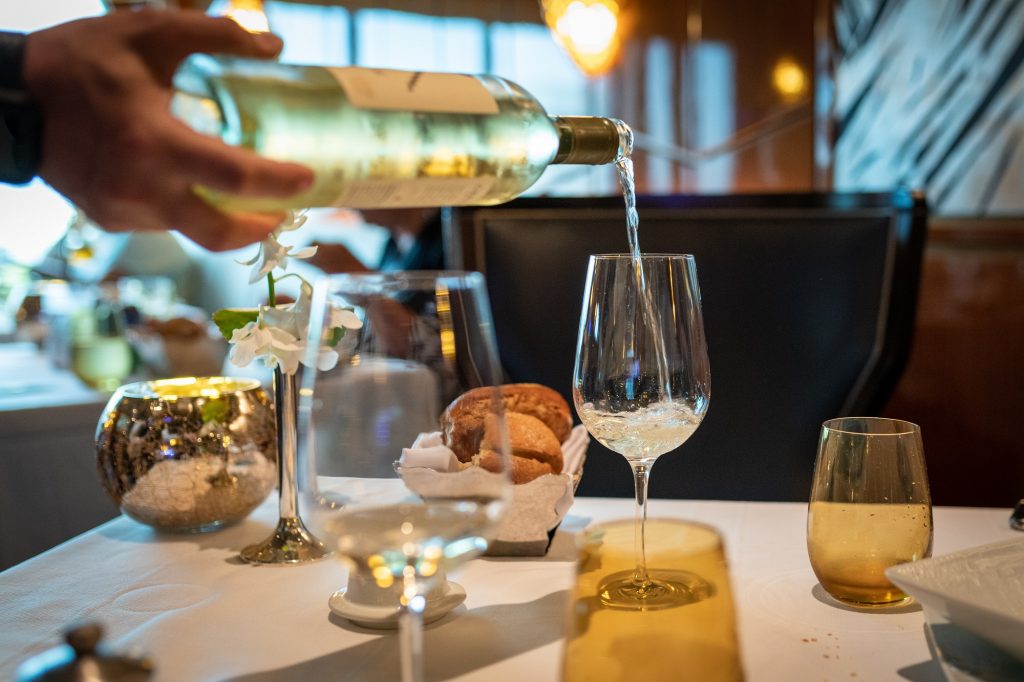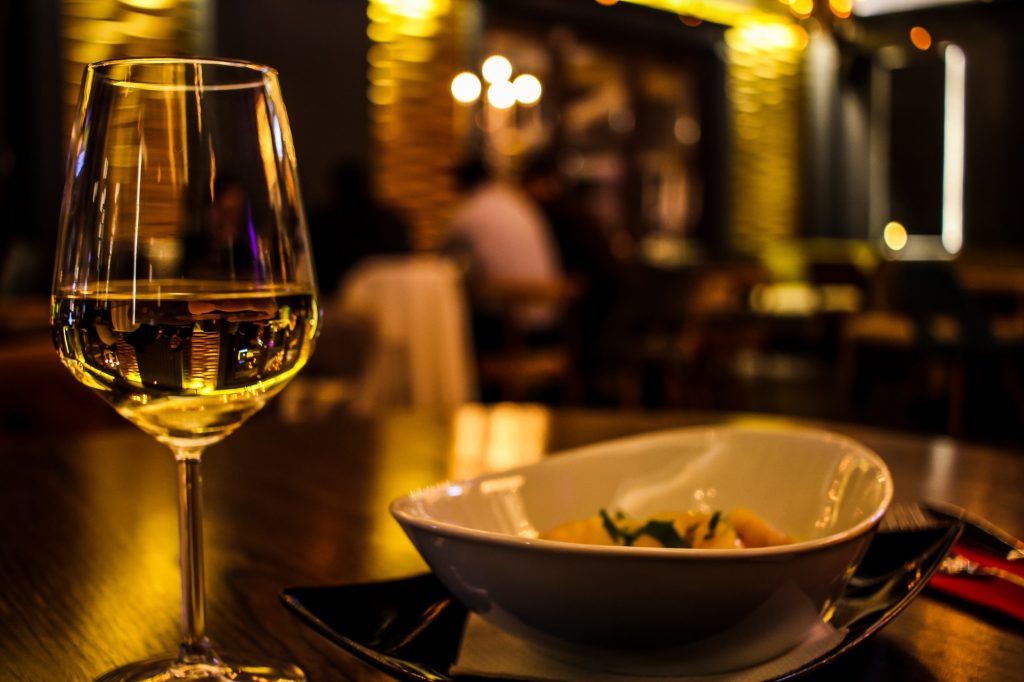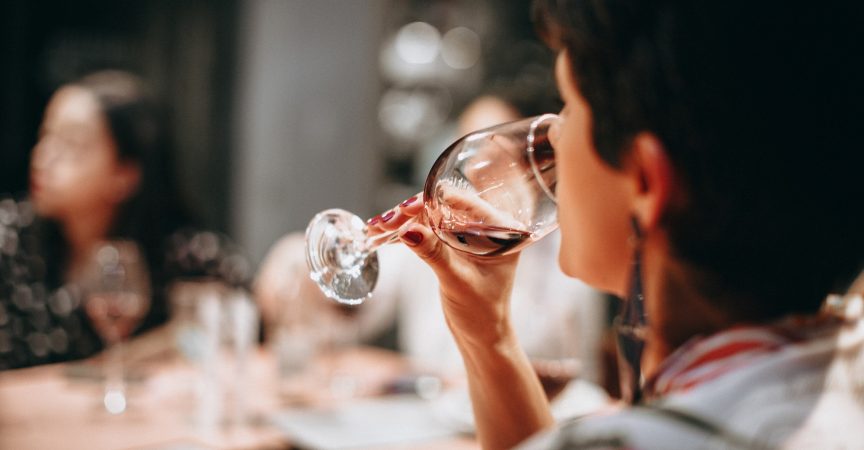Sommeliers are the Storytellers of Wine with Native Grape Odyssey
Dionysus, the god of the grape harvest, winemaking and wine, spent his days focusing on the consumption of wine, which was meant to ease suffering and bring joy. According to ancient mythology, he went on a great odyssey, travelling from Greece, all the way to India to teach people about the cultivation of the vine. The Homeric poem about Dionysus paints a picture of an ordinary man who is constantly craving new knowledge and is always ready to set out on a new journey to unexplored lands, so much so that he has come to be considered a hero.
Which is why the Native Grape Odyssey (NGO) project has embraced “odyssey” not only by name but in its mission to educate and take participants on a journey to re-discover European wine through the epic tradition of storytelling, making them “heroes” of European native grapes.
“One of the most interesting and exciting ways we learn is through hearing stories,” says Rebecca Lawrence, Education Development Manager, Vinitaly International Academy. Vinitaly International Academy is the strategic partner of Vinitaly, the largest wine and spirits exhibition in the world, whom have been tasked to run the educational portion of the NGO project.
“When I was thinking about who we were creating the courses for – sommeliers – I realized they (the sommeliers) have to sell the wine to consumers with a story that appeals to the human experience. We have so many amazing stories about Italian and Spanish wines and it’s tied so much to the culture and the history of the region, that we just couldn’t get away from the idea of narrative,” she says.

The NGO project is an European Union initiative aimed at the promotion of European high-quality agricultural products throughout the world with a focus on building awareness of the distinctive features, origins and evolution of the native wines of Italy and Spain. The project is sponsored by Unione Italiana Vini (UIV), the main Italian trade union for wine and spirits producers, and implemented by Veronafiere, an Italian based event management company.
The three-year education project focuses on the promotion of Italian and Spanish PDO (Protected Designation of Origin) and PGI (Protected Geographical Indication) wines in three key markets: Canada, Russia and Japan. The project kicked off in 2019, with NGO consulting with over 75 wine experts from the countries of focus to bring the five-day Maestro course to Toronto, Moscow and Tokyo. Next year, NGO plans on extending the project to include five events in five cities in each of the main markets including one-day master classes and will offer over 15 fellowship courses in both 2020 and 2021.
The Toronto Maestro course was held from September 15th to 19th, 2019 at Peter Pan Bistro, where over 40 members of the Ontario wine industry joined distinguished guest lecturer Daniele Cernilli, also known as Doctor Wine, for a passionate exploration of the native grape varieties of Italy and Spain. Cernilli, who Decanter Magazine has included among it’s “50 Most Influential People in the Wine World”, used theory lectures, guided tastings and his own personal experience to show candidates that detailed learning about a grape or region can really bring it to life and provide a story to be shared with others.
Each theory session focused on a specific territory, first outlining its geography, climate, dominant soils and geological factors. From here the discussion turned to the indigenous grapes of the area, in order of their dominance in terms of planting or associated quality wines. Whilst for many on these courses this would be enough, the NGO Maestro Course deepened students understanding by adding historical, cultural and gastronomic elements.
For the first year of the program, the courses were trade focused. “We work within the idea of storytelling and how we communicate about wine,” says Lawrence. “The idea is that while it is wine education, it should also be about learning the stories and the human factors behind it. One of the key ways to do that is to go through the people who are in the trade, talking to consumers, serving the wine.”
Lawrence feels that investing in the education and development of staff can have a huge benefit to the business from both a retention and financial standpoint. “If you invest in your staff then they’re going to be happy in their roles and stay longer. Restaurateurs, as well as owners and operators, also get something back. If you have a well educated staff who are passionate about what they do, they are going to be able to sell those wines on the floor, and that can make a huge financial impact over the course of the year – if people are willing to trade up because of your sommelier.” Being able to provide customers with a new variety, with wine options that others don’t have allows you to diversify your menu offerings and differentiate yourself from the competition.

Marlayna Perrone, a participant of the course and Food & Beverage Coordinator at the Toronto Golf Club agrees: “It’s rare to have indigenous wines on a wine list. Customers always end up drinking the same stuff, now we can make alternative suggestions to someone. This helps restaurants get more exposure and provide the general consumer with more accessibility in the marketplace.”
To expose attendees to as many wines as possible, NGO provided over 70 wines to taste during the five-day course. On the last day, the Native Grape Maestros received certificates and celebrated by sharing their new passion for Italian and Spanish wines at a large walkaround wine tasting event.
“If you’ve tasted it, you get a better understanding of the wine and you will know why a certain wine will be better with a specific dish,” says Lawrence. “This demonstrates to customers that your restaurant is a place where the staff know what they are talking about. They’ve tasted the wine, they’ve experienced them and therefore they will be trusted.”
She continues: “the walk around also allows connections to be made and relationships to further develop. We want to make connections between people attending the course and people selling the wine to really demonstrate you can access these wines and put them on your menus.”
NGO identified Canada as one of the key markets of focus as it already had an established group of highly qualified sommeliers and restaurants, buyers, distributors and importers. “Canada is an interesting place for us – it already has a high envelope of wine education, but it’s also a tricky market to enter,” explains Lawrence. “We wanted to demonstrate to the producers in Italy and Spain that Canada is a market worth investing in.”
Another goal of the course is to make strong and lasting connections and increase the visibility of smaller wines within the market with people directly involved in the market. Lawrence is pleased with the results to date: “the feedback has been overwhelmingly positive and the one thing that stands out is the sense of community that builds over the week and continues on past the course.”
The third and final year of the NGO project will be an evolution of the program to get the casual wine lover involved, with a one-day master class and tastings aimed at the more introductory level. “We will continue on the odyssey to make wines memorable by demonstrating the stories and personal attachments to them,” says Lawrence, “to build a connection to the wine by sharing the story of the history, culture, landscape and the people who make it.”









